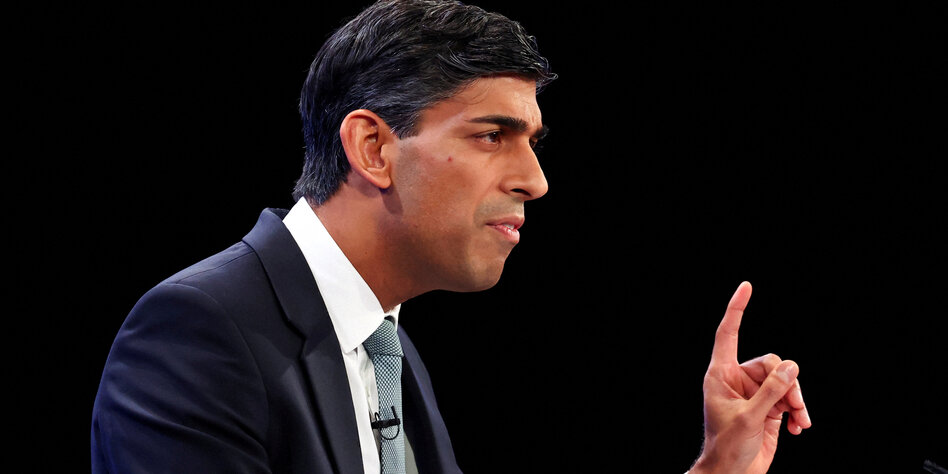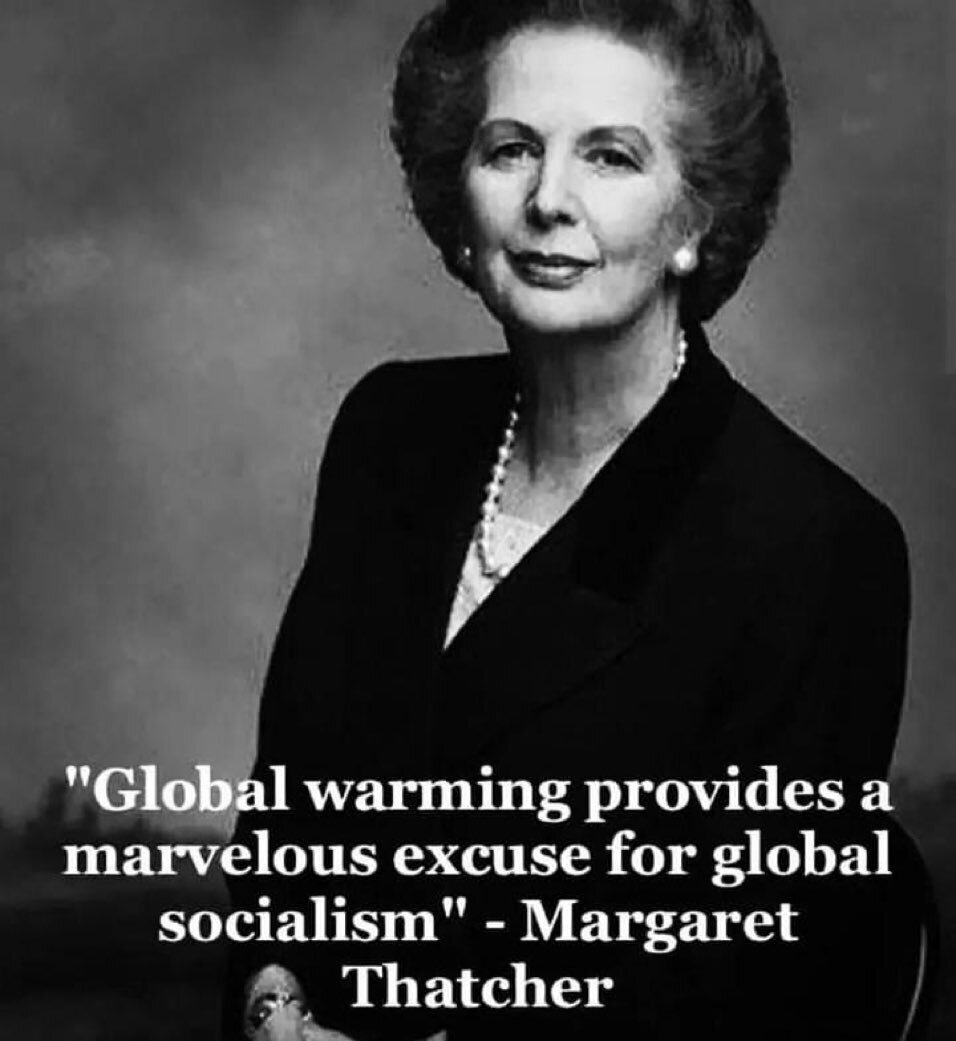Media Lens
(...) Following his death in 2004, we described how Ronald Reagan’s eight years as US President (1981-89) had resulted in a vast bloodbath as Washington poured money and weapons into client dictatorships and right-wing death squads across Central America. The death toll: more than 70,000 political killings in El Salvador, more than 100,000 in Guatemala, and 30,000 killed in the US Contra war waged against Nicaragua. Journalist Allan Nairn described the latter as ‘One of the most intensive campaigns of mass murder in recent history.’ (Democracy Now, 8 June 2004)
On the BBC’s flagship Newsnight programme, Gavin Esler said of Reagan:
‘Many people believe that he restored faith in American military action after Vietnam through his willingness to use force, if necessary, in defence of American interests.’ (Newsnight, 9 June 2004) (...)
The basic rule: Official Friends of State are greeted by ostensibly independent corporate media with a wry, knowing, ultimately approving smile. Official Enemies of State are greeted with a sneer or a snarl.
In the immediate aftermath of Margaret Thatcher’s death on 8 April 2013, we found 461 UK national newspaper articles mentioning the word ‘Thatcher’. Of these, 29 articles mentioned ‘Thatcher’ and ‘Saddam’. None mentioned that Thatcher had armed and financed the Iraqi dictator. Links to torture and mass murder that would have been front and centre in reviewing the life of any Official Enemy were airbrushed from history. (...)
Also in 2013, following the death of Venezuelan President Hugo Chavez (...)
The corporate media version of events was nutshelled by an editorial in the Independent titled:
‘Hugo Chávez – an era of grand political illusion comes to an end’
This of a leader who had reduced poverty by half, having sparked a regional move towards greater independence from the ruthless superpower to the North. The editorial continued:
‘Mr Chávez was no run-of-the-mill dictator. His offences were far from the excesses of a Colonel Gaddafi, say. What he was, more than anything, was an illusionist – a showman who used his prodigious powers of persuasion to present a corrupt autocracy fuelled by petrodollars as a socialist utopia in the making. The show now over, he leaves a hollowed-out country crippled by poverty, violence and crime. So much for the revolution.’
For the oligarch-owned Independent, then, Chávez – who had won 15 democratic elections, including four presidential elections – was a ‘dictator’. (...)
A further example of five-scythe filtering was provided by recent media coverage following the death of Desmond Tutu, the former Archbishop of Cape Town and chairman of South Africa’s truth and reconciliation commission. Tutu was one of the great leaders of the anti-apartheid movement, but he protested many other forms of oppression. In 2002, the Guardian published an opinion piece in which Tutu commented:
‘I’ve been very deeply distressed in my visit to the Holy Land; it reminded me so much of what happened to us black people in South Africa. I have seen the humiliation of the Palestinians at checkpoints and roadblocks, suffering like us when young white police officers prevented us from moving about.’ (...)
Tutu even drew attention to the power of the pro-Israel lobby in smearing criticism of Israel as ‘anti-semitism’:
‘to criticise it is to be immediately dubbed anti-semitic, as if the Palestinians were not semitic. I am not even anti-white, despite the madness of that group. And how did it come about that Israel was collaborating with the apartheid government on security measures?’ (...)
Elsewhere, Tutu wrote:
‘The withdrawal of trade with South Africa… was ultimately one of the key levers that brought the apartheid state – bloodlessly – to its knees… Those who continue to do business with Israel, who contribute to a sense of “normalcy” in Israeli society, are doing the people of Israel and Palestine a disservice.’
In December 2020, Tutu added:
‘Apartheid was horrible in South Africa and it’s horrible when Israel practises its own form of apartheid against the Palestinians, with checkpoints and a system of oppressive policies. Indeed another US statute, the Leahy law, prohibits US military aid to governments that systematically violate human rights.’
In a stirring example of just how low the Guardian has sunk under the editorship of Katharine Viner, the same newspaper that published Tutu’s comments made no mention whatever of Palestinians or the Israeli-Palestinian conflict in its obituary on 6 December 2021.
In response, a Change.org petition, signed by more than 3,250 people, sent a searing open letter to Viner:
‘Tutu’s repeated criticism of Israeli apartheid policies, and his commitment to the cause of the Palestinian people, are all simply omitted.’ (...)
The BBC made no mention of the issue here, here and here. (...)
Labour leader Sir Keir Starmer responded to the death of Tutu:
‘Desmond Tutu was a tower of a man, and a leader of moral activism. He dedicated his life to tackling injustice and standing up for the oppressed. His impact on the world crosses borders and echoes through generations. May he rest in peace.’
As the website Skwawkbox noted accurately in response:
‘But if Tutu had been a Labour member, Starmer would probably have expelled him, at least if he had the spine to do it, for comments in support of Palestinians and of boycotts and sanctions against Israel…’
Clearly, our media guardians of power were keen to say as little as possible about Tutu’s criticism of Israel without exposing themselves as outright totalitarians by blanking the issue 100% – 99% is a much better look, especially when reviewing the life of a courageous anti-fascist. (...)
Complete article

Tags: #obituary #desmond_tutu #tutu #reagan #ronald_reagan #central_america #el_salvador #guatemala #nicaragua #contra #thatcher #margareth_thatcher #media #journalism #journalist #news #interational_politics #fireign_relations #power #bbc #the_guardian #inependent #newspapers #news_media #venezuela #chaves #hugo_chaves #israel #anti-semitism #apartheid #pro-israel_lobby #labour #keir_starmer
#pilger #johnpilger #australia #uk #usa #fco #ird #informationdesearchdepartment #connorhowe #spu #specialproductionunit #thatcher #thomasjduggin #peterjoy #seu #specialeditorialunit #blackpropaganda #propaganda #mi6 #cambodia #suharto #timor #easttimor ">











